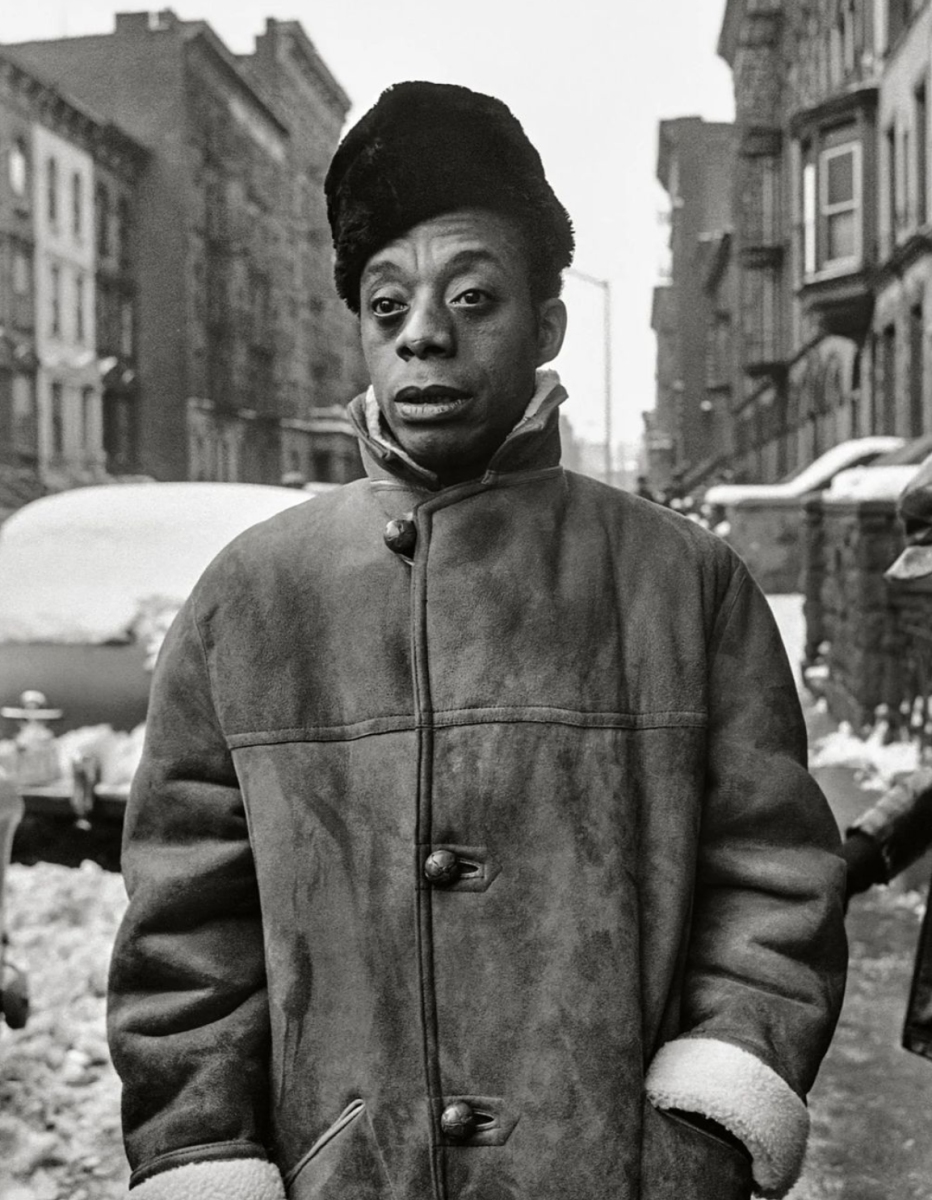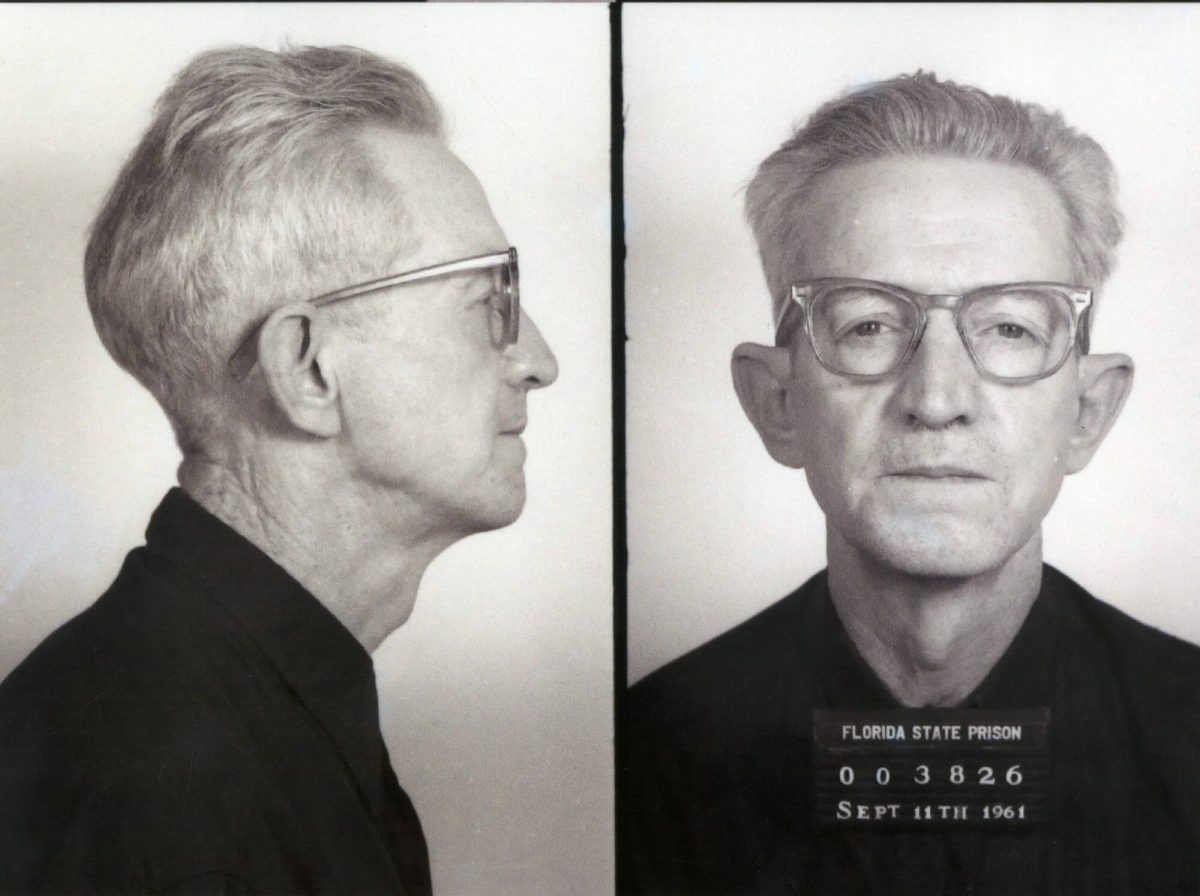One month, one book. That is all it takes to discover the world of literature, and what better way to start out than with “Giovanni’s Room” by James Baldwin?
“If I could make you stay, I would,’ he shouted. ‘If I had to beat you, chain you, starve you—if I could make you stay, I would.’ He turned back into the room; the wind blew his hair. He shook his finger at me, grotesquely playful. ‘One day, perhaps, you will wish I had.’
‘It’s cold,’ I said. ‘Close the window’” (142-143).
Published in 1956, this story follows a young American named David who takes a trip to Paris. He initially meets a beautiful woman who he proposes to, but she jets off to Spain to think over this massive commitment. Sounds boring? Well our Parisian journey has only just begun.
Although he is set on marrying this woman, David meets Italian bartender Giovanni, and the two plunge headfirst into an gay affair. Keep in mind that the 1950’s was not an era that accepted the gay community. Such profound desires at the time would have to be discreetly hidden, leaving David with internalized homophobia, guilt, and denial. Thus, the romantic connection our protagonist shares with Giovanni grows more troubled the more they spend time together.
We cannot go any further without discussing the man behind this masterpiece: James Baldwin. Born in Harlem in 1924, he was most well-known as a civil rights activist who primarily spoke about race inequality in the United States. Baldwin was also a fantastic writer who published many notable works, all influenced by his life.
As a gay black man, all of Baldwin’s books were sensationally straight-forward and to the point, especially considering the eras he published them in. This can be seen in “Giovanni’s Room” with Baldwin’s use of cold, genuine, and passionate dialogue between the characters. What stood out to me the most was our main character, David, commenting on his sense of “filth,” as if being gay meant being unclean. David has to decide which is more valuable: purity or freedom of self.
What really takes this story to the next level are the metaphors. Giovanni’s dirty and unkempt bedroom is the grandest metaphor of the story as it represents the chaos of love and vulnerability. The state of the room directly reflects the two lover’s emotions. Baldwin uses colorful language to have the reader feel exactly what David is feeling, just by describing the nature of the room, the ocean, or the local bar. Before we know it, we find ourselves within the world of the book, walking the streets of Paris with David, feeling every bit of pain, shame, rage, love, and hope each character endures.







